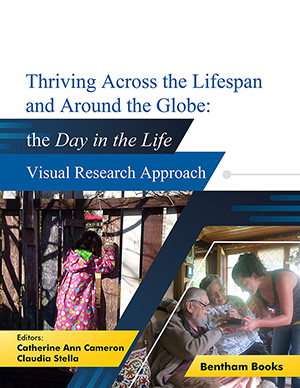Abstract
This chapter takes up Halberstam’s invitation to creatively engage with subjugated knowledges, and does so for the specific purpose of rethinking gay intimacy. Models of gay male intimacy appear to be largely polarized between a heteronormative quasi-marital paradigm and a counter-normative hedonistic one. Engaging with texts belonging to the yaoi subculture—a genre of Japanese comics and animation characterized by a thematic focus on male same sex desire, but produced by heterosexual women for a heterosexual female audience—may help us promote an intrinsically valuable diversity of practices of intimacy. The epistemological horizon provided by yaoi involves intriguing and significant differences from the marital and hedonistic models of mainstream gay culture across two main understandings of ‘intimacy’: intimacy as sex and intimacy as familiarity. Furthermore yaoi, being produced by women for women, is perhaps more likely to reflect an understanding of male same sex intimacy premised on an ethics of care when compared to the models of intimacy emerging from within gay male culture. If the marital and hedonistic models reflect, in different ways, a quintessentially male way of conceptualizing intimacy, then decentring their dominance and making space for alternative scripts such as those offered by yaoi may enrich our conceptualizations of intimacy and afford a more balanced (less gendered) range of options in the realm of relationality. Subjugated knowledges such as yaoi may offer normative and aesthetic horizons alternative to mainstream Gay, enabling the project of re-envisioning male same sex intimacy. Kane Race provides a response to this chapter.
Keywords: Gay, intimacy, heteronormative, yaoi, Japanese comics, hedonism, counternormative, gay sex, desire, gay culture.













